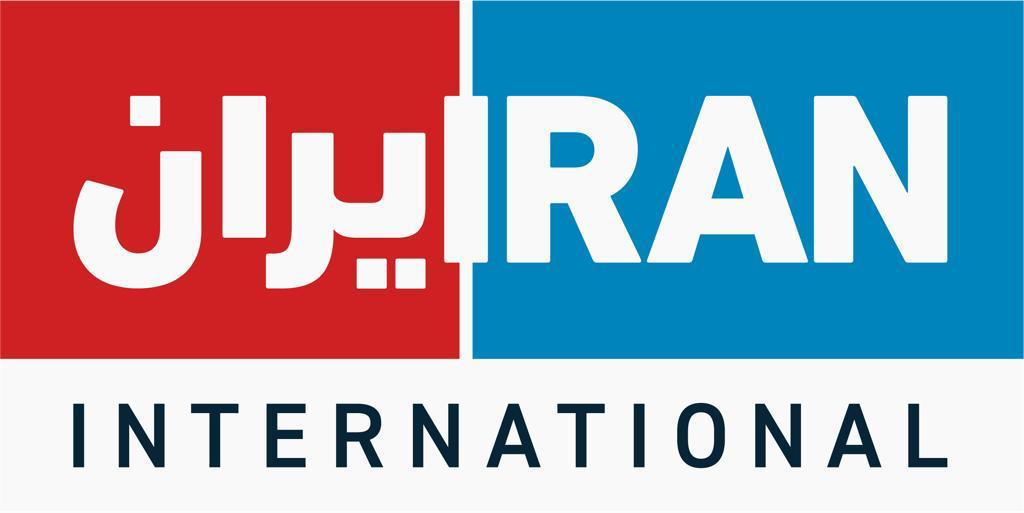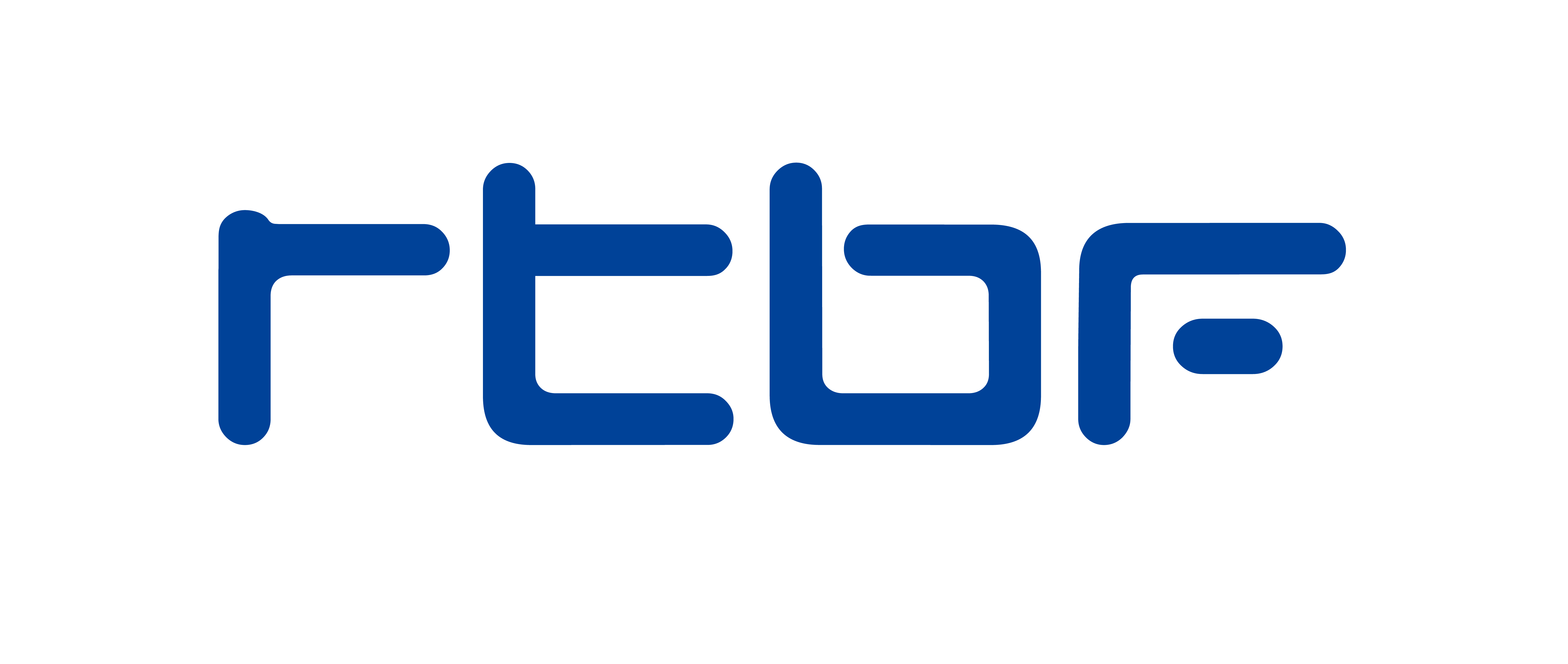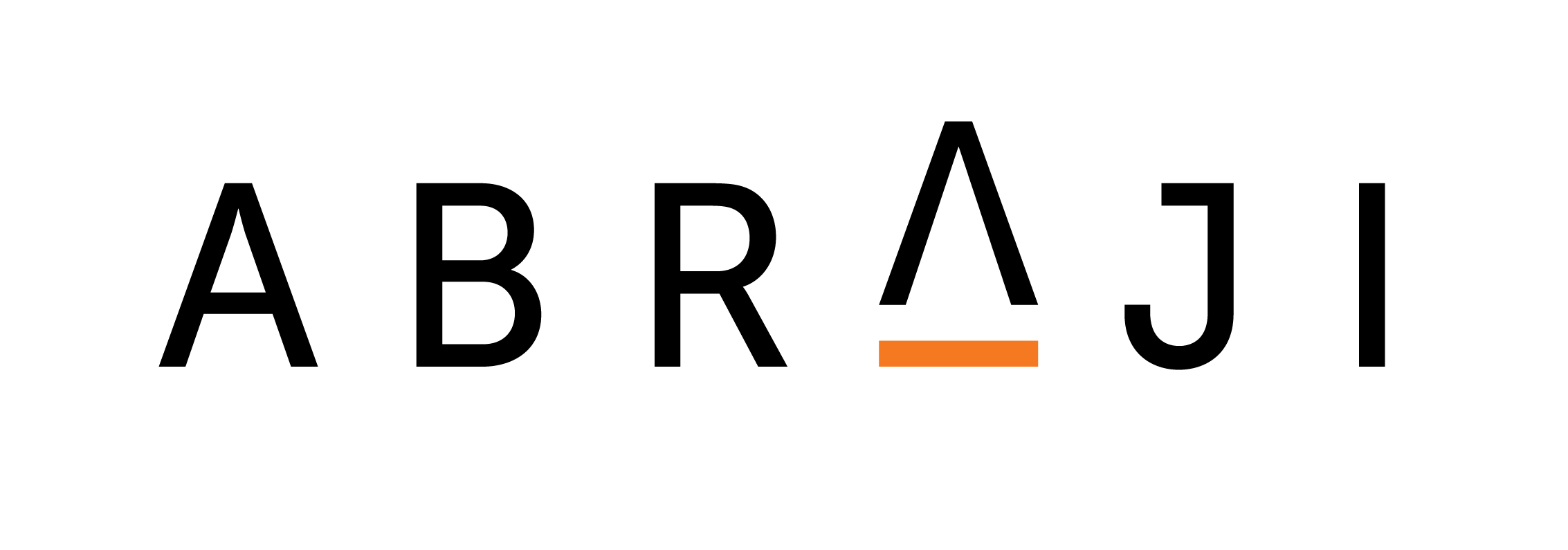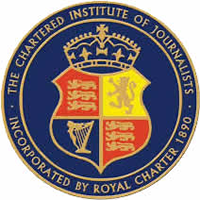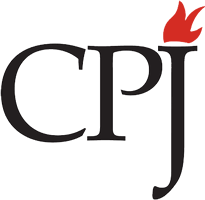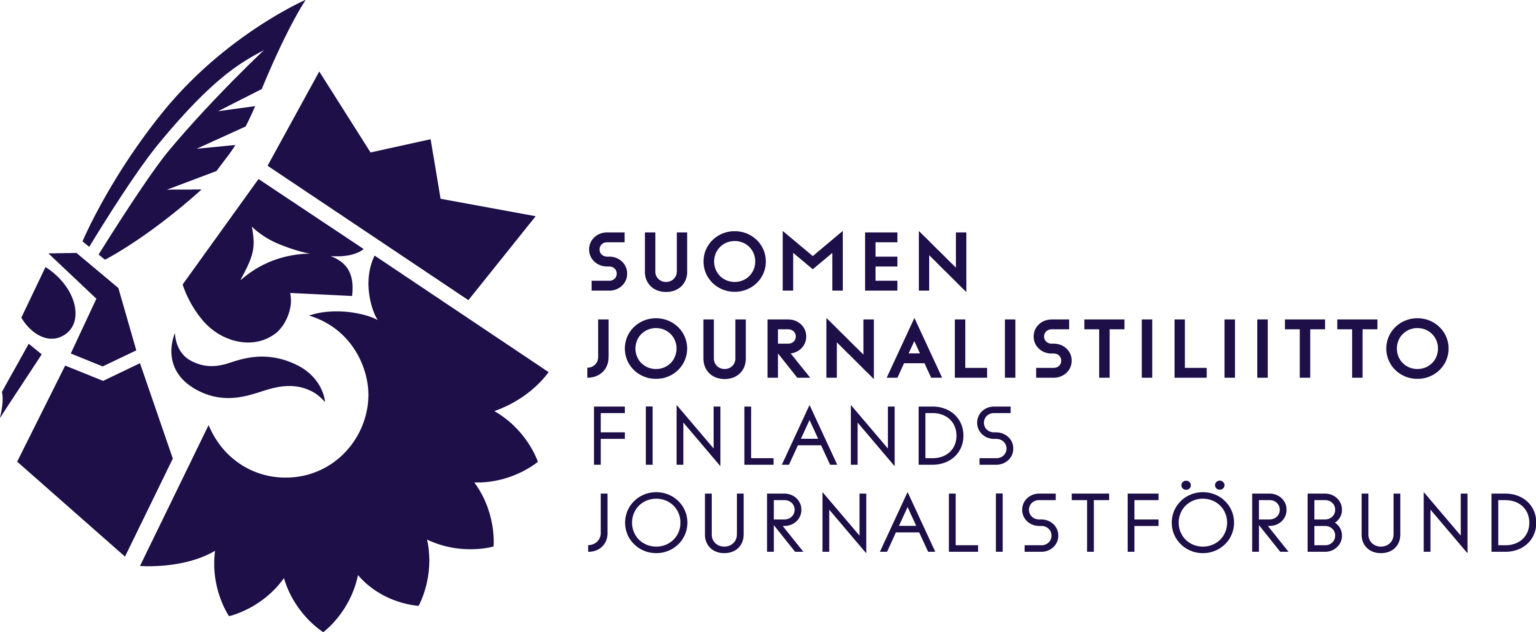Many journalists across Mexico face a variety of daily threats and dangers. How can they do their job as effectively and safely as possible in the challenging and hostile environment created by the drug wars?
To respond to these difficult situations, the recently created North American chapter of the International News Safety Institute (INSI) is offering its first online course for Mexican journalists, in collaboration with the Knight Center for Journalism in the Americas and the Mexico City based network of reporters and editors, Periodistas de a Pié.
The course Strategies for journalists covering areas of risk will be taught in Spanish from February 20 to March 18, 2012 through the distance learning platform of the Knight Center for Journalism in the Americas. Applications are now open.
Journalists have until February 8, 2012 to apply by 5 p.m. (Austin, Texas time). Journalists can apply here. More details about the course can be found here.
This four-week online course will help journalists to learn practical strategies of how to address the dangers of covering violence in Mexico. Journalists will also learn to reduce and prevent risks, to stay safe, and to maintain accountability with the public when covering violence in a community.
This special course comes at crucial time in Mexico, says Judith Matloff, director of INSI North America and an adjunct professor at Columbia UniversityS Graduate School of Journalism. Covering violence is more dangerous than ever in Mexico, and we want to share tools so that more journalists can survive the story.
She added: Emotional distress, risks posed by social media and drug cartels are all hazards of the job. We hope to raise awareness and share strategies so that more journalists can better prepare themselves for the perils.
The course will cover the topics of the ethics of the coverage of violence and the interviewing of victims, risk analysis and threat management, digital security, and trauma and emotional self-care.
Journalists working all over Mexico are encouraged to apply, but preference will be given to reporters from the areas more affected by violence, such as the states of Veracruz, Guerrero, Coahuila, Tamaulipas, Chihuahua and Sinaloa.
Margarita Torres, co-founder of Periodistas de a Pié who is one of the instructors for the course, believes this collaboration is unique and important for the state of journalism in the Americas.
This will be a very positive experience, each of the involved organizations are providing what they can to address the need for training on security issues with Mexican journalists, she said. This alliance will be of relevance to everyone in that it helps to promote the transformation of journalism in the country during these difficult times.
The course is divided into weekly modules containing audiovisual presentations and links to online resources. Exercises, online discussions and additional assignments will also be part of the curriculum. Participants can expect to spend 10-15 hours per week on the course.
The course will be taught entirely online by three expert journalists which include Margarita Torres who is an academic and co-founder of Periodistas de a Pié, Jorge Luis Sierra who is an International Knight Fellow of ICFJ, and Sandra Interiano who is a specialized therapist from El Salvador.
Luis Serra is a Knight International Journalism Fellow leading a special investigative journalism project on crime and corruption in Panama. He is an award-winning Mexican investigative reporter and editor who has worked for organizations such as El Universal, Proceso, Reforma, El Independiente, Expansión, and Siglo 21 to name a few.
Torres is an academic at the Universidad Iberoamericana, Mexico City, where she is the coordinator of the Latin American Right to Information project. She specializes in ethics and journalism, right to information, and journalistic professionalization in times of violence. She is also co-founder of the Periodistas de a Pié, a network of journalists who seek to share investigative techniques, strategies, reporting, narrative styles, ways of addressing ethical issues and ideas to strengthen coverage in their own work.
Interiano is a psychologist from the University Jose Simeon Canas Central of El Salvador and specializes in victim assistance and the prevention of childhood trauma. From 2000 to 2007 she worked in support of the editorial board and newsroom of the newspaper La Prensa Grafica in covering news events or journalistic works on children, trauma, natural disasters, domestic and social violence. She was also part of the advisory group to develop a crisis intervention program for the 2001 earthquake in El Salvador, funded by UNDP, organized by Tin Marin Children's Museum. She has given several lectures on child and adolescent development.
>> Read the original article here
Source: Knight Center
























